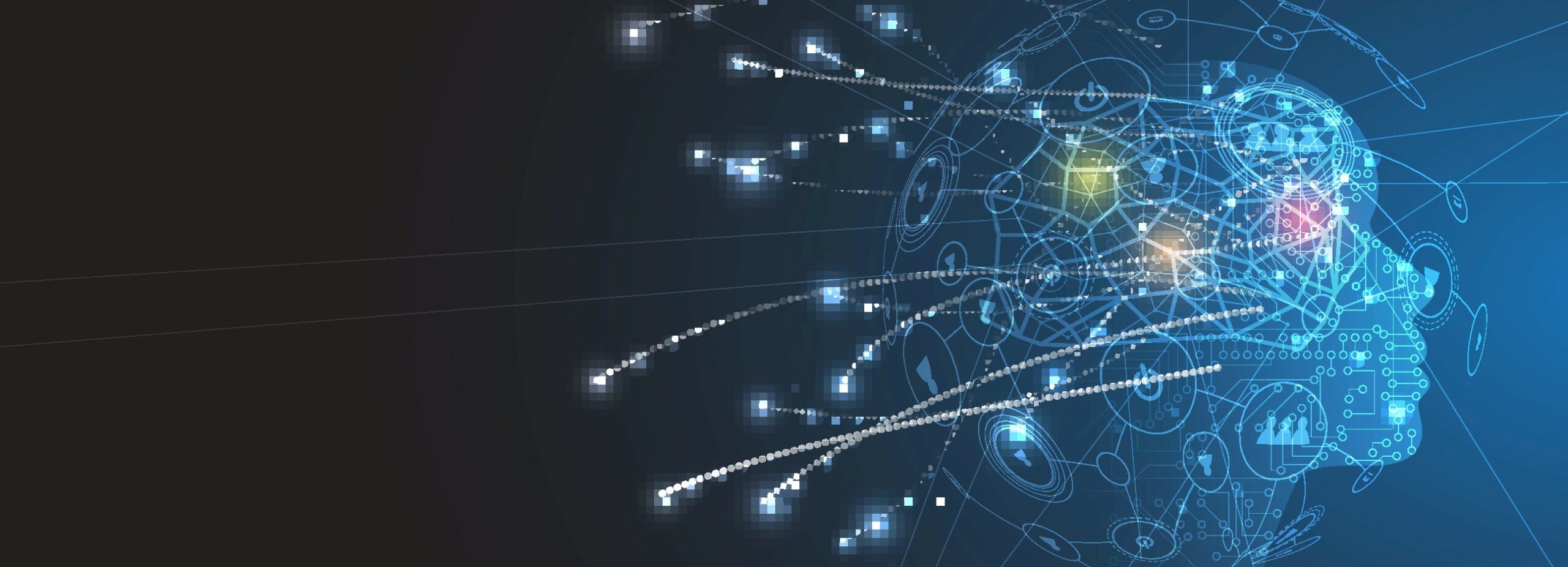The DSI Information Abundance Project
research areas
timeframe
2021 - 2023
contact
a.schulz@ikmz.uzh.chThe DSI Information Abundance Project
Ever since there was more information than people could realistically digest, we have been concerned about information overload. Across different areas of life people have to manage a more and more crowded information space and they have to make numerous decisions per day among an abundance of available information sources. However, these publicly discussed fears are rarely based on empirical evidence about the actual impact information abundance has on people’s lives. We also lack a common understanding of what information abundance is and how to assess it on a normative level.
Concern has grown regarding possible threats of digital technology for the individual, organisations, economy, society, and for democracy, such as the inability to make timely and informed decisions in private, health, workplace, or political matters. These very concerns dominate the public debate about what is often referred to as information stress, infobesity, data smog or information pollution. But clearly, abundance of information also has positive aspects and for many these might be more meaningful than possible downsides that come with it. This might also depend on the media context where abundance is experienced – e.g., news, entertainment, or personal communication.
The DSI Information Abundance Project seeks to inform this debate and possible actions. Led by Dr Anne Schulz and Dr Sophia Volk, the project brings together an interdisciplinary group of UZH scholars who collaborate on different conceptual and empirical questions. Among those working with us in different parts of the project are Dr Sina Blassnig, Dr Sabrina H. Kessler, Ass Prof Dr Sarah Marschlich, Ass Prof Dr Hao Nguyen, Dr Lea Stahel, and Prof Dr Nadine Strauss.
The project analyzed how Swiss citizens experience the abundance of information in digital media environments. A representative online survey (N=2,049) in 2023 and focus group interviews (N=40) in 2022 were conducted to investigate how the Swiss-German population deals with the abundance of information in the areas of news, entertainment and digital personal communication.
The complete study report with a total of 12 key findings is available here for free download: https://www.ikmz.uzh.ch/de/research/projects/informationsfuelle.html
Suggested citation:
Schulz, A., & Volk, S. C. (2023). Zwischen Wertschätzung und Überlastung – Wie Schweizerinnen und Schweizer die Fülle von Informationen und Angeboten erleben. Ergebnisbericht des Information Abundance Projekts der Digital Society Initiative. Zürich: Universität Zürich.
https://www.ikmz.uzh.ch/de/research/projects/informationsfuelle.html
What is “information abundance”?
The project critically reviewed and reflected how information abundance is discussed in different subdisciplines of communication science, including news and journalism studies, entertainment, and digital or mobile communication research. This comprises a discussion of how the increase of information supply is accelerated by the process of digitalization and how this might impact, for example, individuals, society, and democracy. Information abundance can be defined as a macro-level phenomenon, i.e., an external state where a vast amount of information and content supply is readily available to individuals and society. As such, information abundance is neither positive nor negative per se. However, individuals experience abundance subjectively, and some may feel information overload, which is a possible psychological consequence of information abundance (Bawden & Robinson, 2020).
Key findings of the project
1. More than half of the Swiss population perceive what is often referred to as the “information flood” in digital media environments as a medium or major threat to society.
2. However, more than half of those surveyed (56%) also appreciate the abundance of information and offerings, while comparatively fewer (38%) feel overwhelmed by it.
3. Around a fifth of the Swiss population often or always feel overloaded by the abundance of information. There are only marginal differences between the contexts of news (21%), entertainment (16%) and digital personal communication (18%). More than half of respondents never or rarely feel overloaded.
Background
The “Information Abundance Project” is composed of an interdisciplinary group of UZH scholars, who collaborate on different conceptual and empirical questions related to information abundance.
Research Questions
1. How is information abundance discussed in different subdisciplines of communication science?
2. How do individuals experience information abundance, if at all, and how do they navigate the abundance of information in the context of news, entertainment, and digital personal communication?
3. What are the prevalence, conditions, and consequences of information overload?
Project Aim
The project aims to inform the public debate and possible actions by studying information abundance both conceptually and empirically, combining conceptual work, focus groups and a representative online survey in Switzerland. It aims to connect researchers with interest in the phenomenon and to pave the way for future interdisciplinary and international collaborations.
Get in touch
The project’s findings were presented at scientific conferences throughout 2022 and 2023 and are disseminated via peer-reviewed journal articles and social media. The findings were also presented and discussed at a public panel discussion at the University of Zurich in December 2023, where invited guests shed light on different aspects on abundance, including Anna Miller (author and activist), Matthias Chapman (Tages-Anzeiger) and Cédric Stortz (Fachverband Sucht).
If you are interested in information abundance as well, please don’t hesitate and get in touch! We look forward to cross-national collaborations and conducting comparative studies to explore macro-level influences on information abundance in the future.
Contact:
a.schulz@ikmz.uzh.ch (@annisch)
s.volk@ikmz.uzh.ch (@sophia_c_volk)



